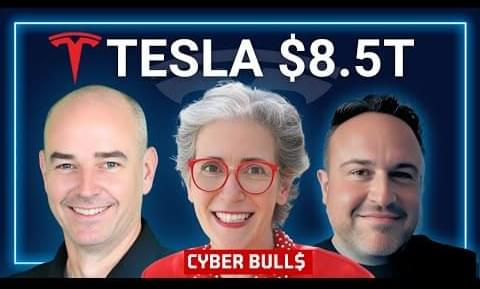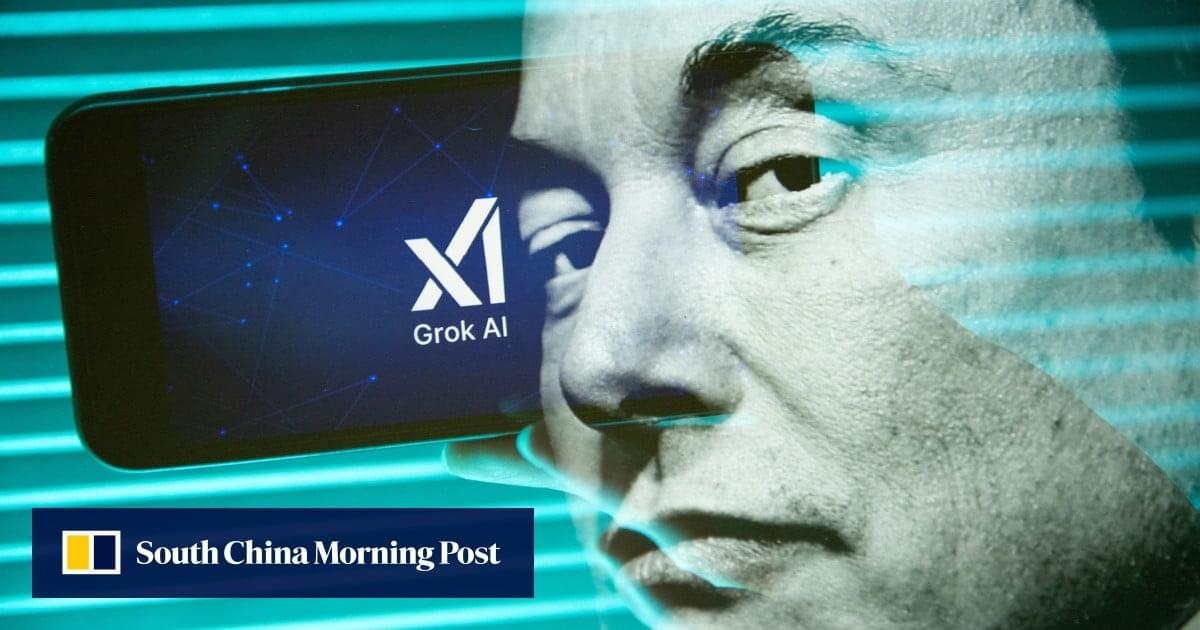Questions to inspire discussion.
📷 Q: What camera technology does the Optimus bot use? A: Optimus uses car cameras with macro modes for reading small text, supplied by Simco (a Samsung division), featuring a miniaturized camera assembly with internal movement mechanisms.
Tesla AI and Chip Development.
🧠 Q: How does Tesla’s AI5 chip compare to competitors? A: The AI5 chip is potentially the best inference chip for models under 250 billion parameters, offering the lowest cost, best performance per watt, and is milliseconds faster than competitors.
💻 Q: What advantages does Tesla have in chip development? A: Tesla controls the chip design, silicon talent, and has vertical integration, giving them a significant edge over competitors in AI chip development.
Tesla Product and Business Updates.

